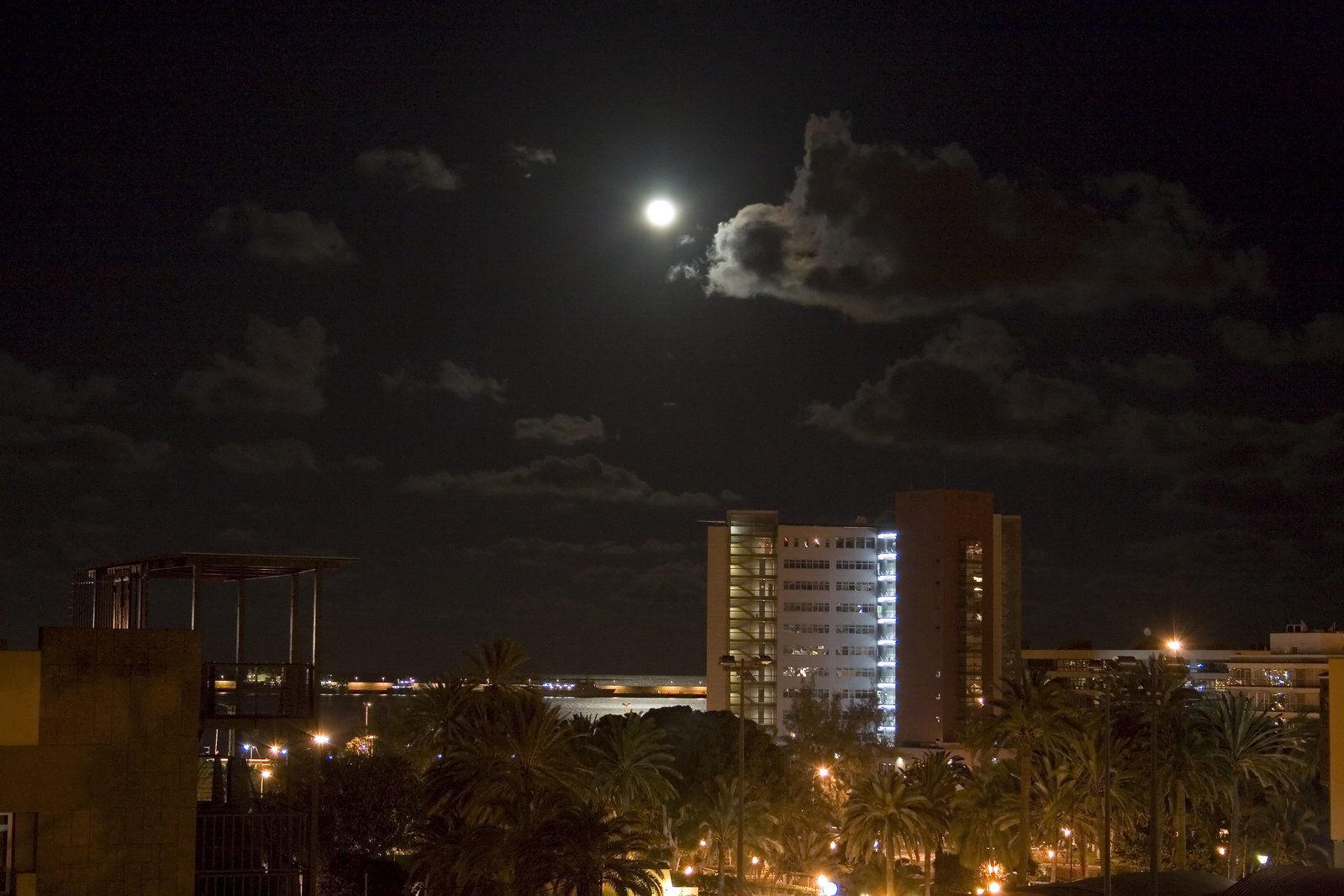

THE European Patent Office (EPO) hardly advertises jobs anymore. When it does, it's truly unbelievable how little they pay new workers; no wonder they cannot attract any talent anymore. The pay is low and apparently the world's worst among international organisations.
"It's quite a racket, but nobody is doing anything to stop this."So while granting more patents than ever -- including loads of bogus ones such as software patents -- the staff is rewarded less and less. Piles of money are stacked up in the EPO's coffers, only to be enjoyed or stolen by António Campinos, Benoît Battistelli and their cohorts, who gamble this money away. It's quite a racket, but nobody is doing anything to stop this.
Of course the EPO has enough money in the bank to let staff have a few months off (paid leave), but will it do that? Of course not! SUEPO has just explained what it's like for people who relocated -- along with family -- to Dutch/German residency on a 5-year EPO contract (time limits are probationary and contribute to stress):
Use of Flexible Parental Leave
The Staff Representation welcomes any measure to help parents cope with the lockdown. Last 18th of April, almost one month after the closure of the Dutch schools, management made flexible parental leave available. This measure aims at supporting staff with (primary) school age children or younger, facing hardship during this unprecedented and extraordinary situation.
However, it is worth having a closer look at the typical parents who are mentioned in the publication “Help for parents with young children”. These are in majority relatively young colleagues in the lowest grade of their job groups, possibly hired on a 5-year contract. They typically have lower salaries, (large) monthly mortgage payments, and pay for the crèche, which in the Netherlands costs around 1900 euros/month.
How can those colleagues meet their financial obligations if they have to make systematic use of parental leave? Evidently, the impact may be different depending on the conditions of employment and grade, but it is clear that young families are particularly vulnerable under these circumstances that no one expected. These colleagues have no true safety net; they might find themselves broke-down.
The situation is so exceptional that even conventional ways of coping with tough times cannot be applied. Grandparents are a risk group; other family members are also living in a similar lockdown.
Colleagues with young children in lockdown cannot perform as the others. They are in a very different situation than colleagues with grown-up children, or without children. They are faced with little choice, either they don’t produce and they bear the consequences, or they pay for it by taking parental leave.
On top of these financial consequences, colleagues who normally rely on parental leave to cover their children’s school holidays and who used a large number of them during the crisis may no longer be able to face future needs.
This is a clear case where the principle of “Substantive equality” endorsed by the EPO1, applies: “[...] the perception that treating all people in the same way is not sufficient to achieve genuine equality.“.
Although any measure to help parents is welcome, the use of parental leave is not an adjusted tool to deal with these exceptional circumstances. Civil servants, such as EPO employees are, from different European countries or other IO’s have been granted with Special Leave with full salary, and such an instrument should be put in place urgently.2
________ 1 Inclusion policy for people with disabilities; definition of “Substantive equality”, see [...]
2 See also [...]